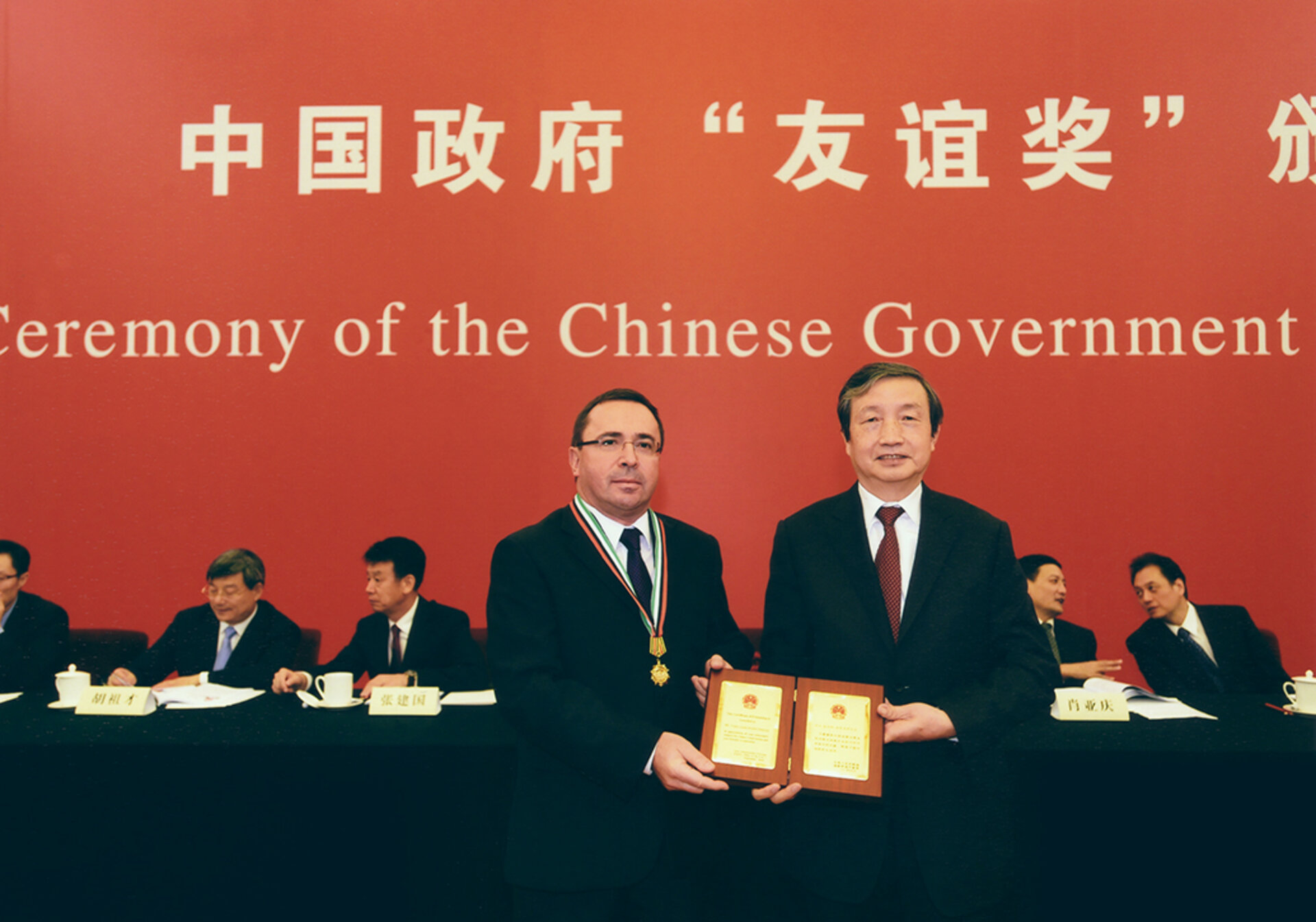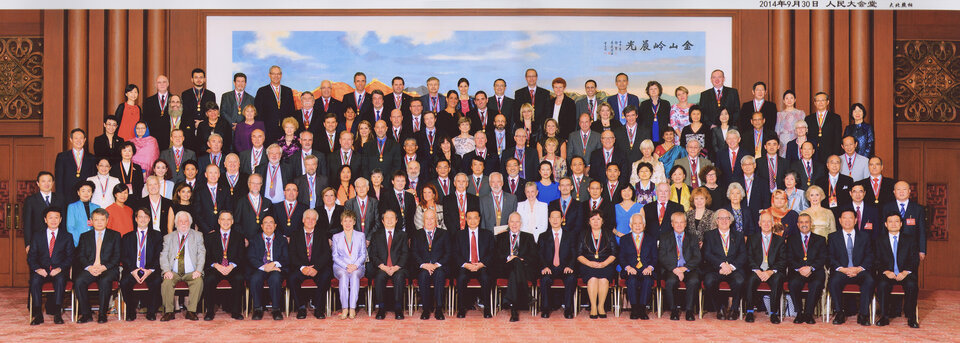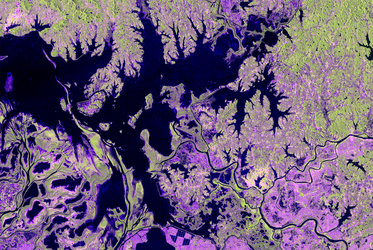Dragon receives high award in China
Following a decade of cooperation, China has honoured ESA’s Yves-Louis Desnos with the People’s Republic of China Friendship Award – the country’s highest honour for foreign experts who have contributed to China’s economic and social progress.
At a ceremony in Beijing on 29 September, Yves-Louis, Head of Research and Development section in ESA’s Directorate of Earth Observation Programmes, received the award for his work in coordinating the collaborative Chinese–European Dragon Programme.
As a joint undertaking between ESA and the National Remote Sensing Center of China (NRSCC), under the Ministry of Science and Technology (MOST) of China, the Dragon programme promotes the use of ESA, Third Party Mission and Chinese Earth observation satellite data within China for science and applications.
“I would like to acknowledge the work of the joint teams in ESA and MOST NRSCC managing the Dragon cooperation on a day-to-day-basis,” said Yves-Louis.

Dragon brings together over 450 lead scientists from China and Europe on more than 50 Earth science applications projects. The programme fosters academic exchange between 160 universities and institutions, and has trained over 770 young scientists in Earth observation applications in land, oceans, atmosphere and the cryosphere.
Yves-Louis added: “I would like also to share this award with top scientists from Europe and China who have been teaming up over the last 10 years under the Dragon cooperation to exploit the latest satellite data and publish over 500 joint scientific papers in Earth observation science and applications.”
The excellence of the joint teams, timely availability of satellite datasets and the quality of in-situ data for validation have resulted in innovative developments in the Earth observation science and applications domains.
The Dragon cooperation achievements are summarised in a new brochure which includes, for example, the surveying of the main active fault in the Himalaya region, monitoring of rice production and regional methane levels, mapping changes in forest biomass in northeast China, and observations of seasonal water dynamics in Poyang lake.
The next Dragon advanced training course will take place 13–18 October near the Poyang lake in Nanchang, China. At the weeklong course, 80 PhD-level scientists will attend sessions on water resources and land remote sensing taught by 22 leading European and Chinese scientists.








